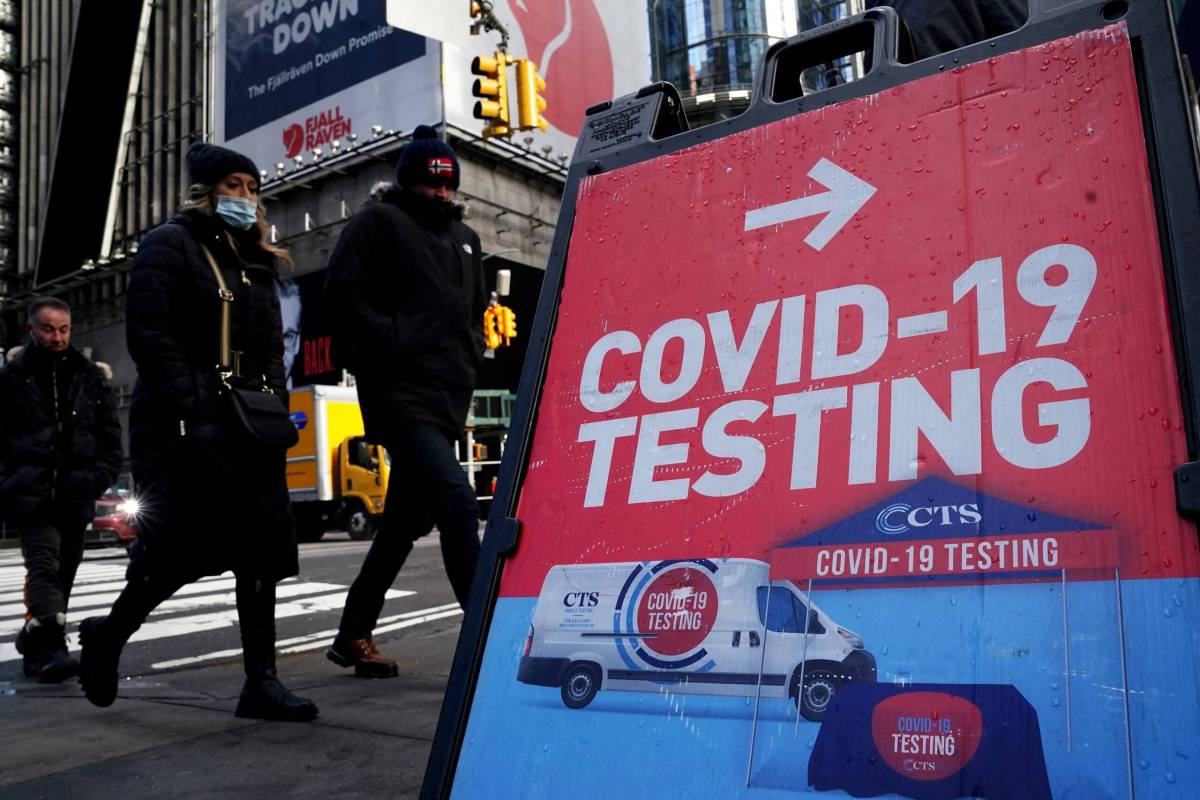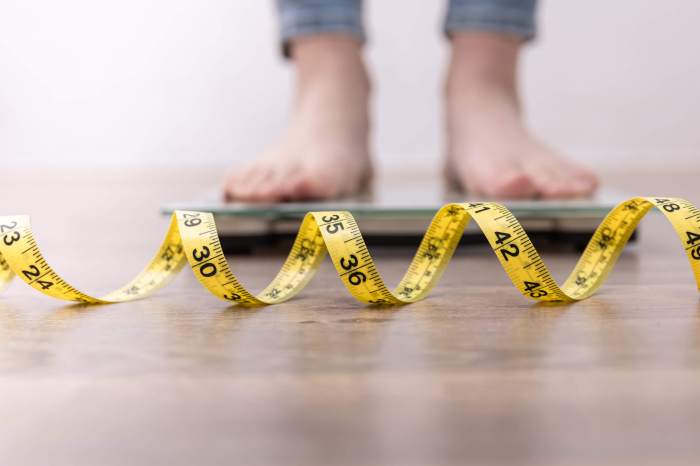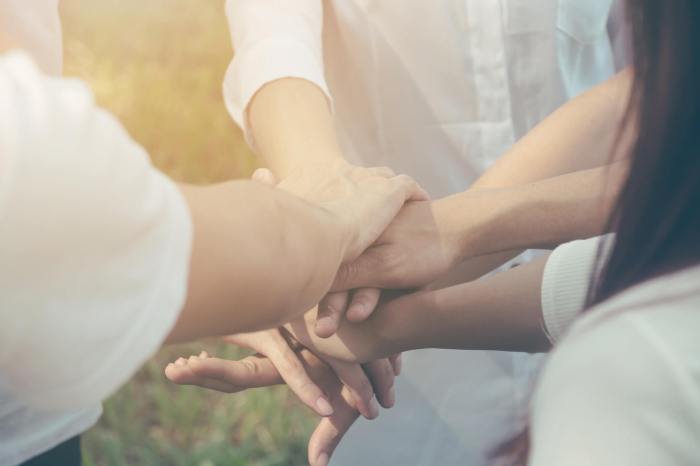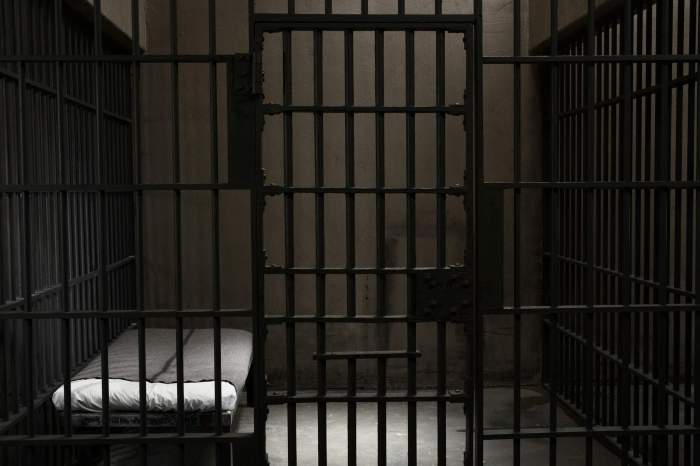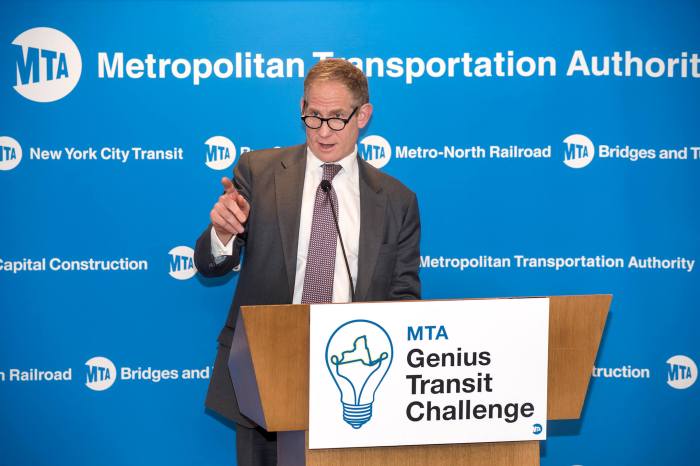Throughout the COVID-19 pandemic, New Yorkers have stepped up time and time again to protect each other. Today, over 6 million New Yorkers are fully vaccinated, over 3 million are boosted, and we have more tools than ever before to take on the virus.
As the City’s doctor, I want to be clear with New Yorkers every step of the way as the pandemic continues to unfold. We are in a new stage of the pandemic, and our strategy to protect our city from COVID-19 is evolving. Currently, we are seeing a rise in cases across all five boroughs. Over the past week, the citywide 7-day average percent positivity has also increased. As a result, our Alert Level is now yellow, which means there is a medium community spread of COVID-19.
New Yorkers should take greater caution now, especially those most at risk for serious disease. We have more work to do, specifically around promoting vaccinations, treatments, and mental health supports.
First, vaccination remains vital. Having millions of New Yorkers fully vaccinated built up our defense ahead of the omicron wave. Boosters help keep COVID-19 immunity up to date. The data prove it: According to the CDC, the vaccine’s effectiveness against hospitalization dropped to 57% in people who had a second dose more than six months before Omicron, but after the booster, it went back up dramatically to 90%. All eligible New Yorkers should get their booster as soon as they are eligible, and for many, that time is right now.
The City is working to get more New Yorkers boosted. Boosters are especially important for those at high risk of severe outcomes and those 65 and older, of which only 55% have received their booster or additional dose. For an appointment or to ask any questions, call 212-COVID-19 or visit nyc.gov/vaccinefinder.
Second, we now have two effective treatments for COVID-19—antiviral pills and monoclonal antibodies. The FDA has authorized two antiviral pills to treat COVID-19: Paxlovid and Lagevrio (molnupiravir). The pills are taken daily for five days to stop the virus from spreading and prevent symptoms from getting worse. Monoclonal antibody treatments—such as bebtelovimab—are a one-time intravenous treatment that builds up antibodies to fight the virus. There is also a monoclonal antibody, Evusheld, that can help protect someone from getting COVID-19 if they have a weakened immune system or are unable to be vaccinated.
New Yorkers with mild to moderate symptoms should take advantage of these treatments, because they will prevent severe illness and hospitalization. Anyone who tests positive for COVID-19 can contact their doctor or call 212-COVID19 to be connected to care and discuss treatment options. Antiviral treatments are free and available for same-day delivery through the Health Department programs.
Lastly, as we continue to fight COVID-10, we must pay attention to our mental health. New Yorkers have experienced collective pain and trauma over the past two years. According to our most recent data, 25% of adult New Yorkers have symptoms of anxiety, and 18% have depression.
There are resources for anyone who needs support. New Yorkers can call NYC Well at 888-NYC-WELL or text “WELL” to 65173 to be connected to a mental health counselor 24/7. I also urge New Yorkers to reach out to someone in your life today to check in and share a few words of kindness and support.
As we move forward to the next phase of the pandemic, remember that we are in this together. We continue to strongly recommend that everyone wear a mask in public indoor settings. Get vaccinated, get tested, and seek care if you are ill. The choices you make to protect yourself from COVID-19 are not just for you—they will impact on someone else in your community. All of us have more tools than ever to keep our city safe, including the care we have for each other, whatever comes our way.
Dr. Vasan is New York City’s Health Commissioner



